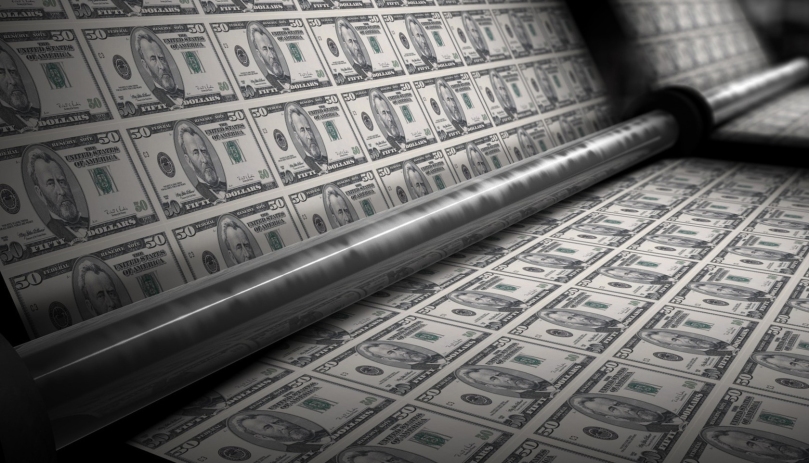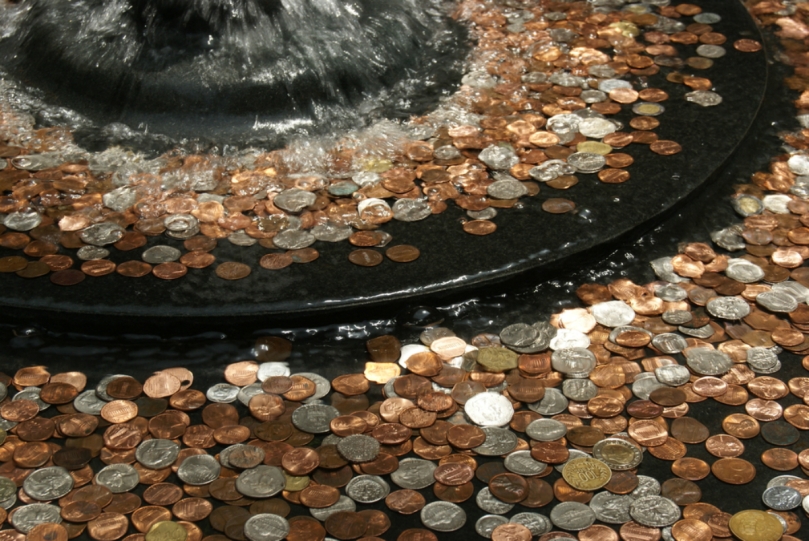
For many people, one stream of thought that seems very logical, but has never been implemented in real life is the question: “Why can’t we just print more money and give it to poor people?” Let’s explore the life of the momentarily fictional now-rich poor.
If the government printed more currency and gave them to a specific section of the poor people, then yes, they’ll become rich. But on more rational terms, let’s assume that the government has decided to print currency on a massive scale and distribute Rs. 100,00,000 to every poor person in India. But extension, a lot of middle-income people would now be relatively poor. Hold on to that thought for a second.
The now-rich poor will start buying up everything they can with their new-found wealth. The prices of goods and services in the economy will shoot up. If the consumption (Or demand, by extension) crosses the total production of the country, then we will have an even bigger problem in our hands. Lack of supply will further drive the prices up.
And the producers aren’t fools. They know that these people have a lot of disposable cash in their hand. So, they will increase the prices of their goods multi-fold for what it is worth. A loaf of bread will be sold for, say Rs. 100, instead of Rs. 20 because the now-rich poor can afford to pay that much now. The same is the case with other necessities and luxuries: bikes, cars, housing, clothing, saloons everything gets costlier. So earlier the Rs. 100 note was able to buy them 5 loaves of bread. But now, they can buy only one. The purchasing power of a Rs. 100 has effectively decreased five-fold.
Give this phenomenon enough time and it will give rise to a monster of an economic effect called the hyperinflation. Hyperinflation is characterized by massive rise in prices of goods and services (In our example, the Inflation of Bread is be 1900%). In hyperinflation, currency has little to no value and depending on the size of the hyperinflation, even a million dollar note can by only a handful of necessities.
In fact, you’d be surprised to know that this has happened already, hundreds of years ago. Mansa Musa (Sultan Musa) was a rich African king of the 14th century. During his pilgrimage to Mecca, he started donating gold to the cities he went through. He donated so much so that the precious metal was devalued for the next decade and there was mass inflation everywhere. For years, he slowly purchased as much gold as possible with a high premium (More about him in a later blog post) just to get rid of the inflation. As the Father of Modern Economics J. M. Keynes put it “Economics is a very dangerous science.“
This article was written by Dinesh Sairam (PGDM, Batch 21, XIME-B)

